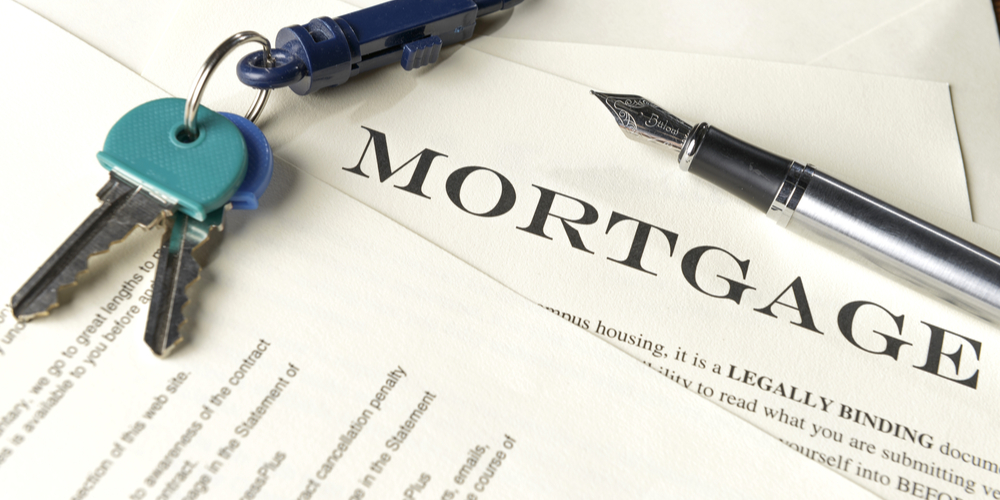According to UK Finance, the number of outstanding interest-only mortgages has fallen by 46% since 2012.
Unfortunately, the issue of interest-only mortgage holders, with no way to make their final repayments, is still a reality for some.
If you have an interest-only mortgage, you may be wondering what all the fuss is about and whether you should be concerned about your own arrangements. It is likely that you will have many questions, so we have endeavoured to cover all the main points:
What is the problem?
It’s a long, but important, story.
Some interest-only mortgages began in the 80s and 90s, when interest-only mortgages were quite popular. Most people would put an endowment or Personal Equity plan (PEP) in place with a vision for the investments to build up over the course of the mortgage and be used to make the final repayment when it was due.
Many of those borrowers have cashed in their investment vehicles and used the money for other reasons, meaning that they have nothing left to repay their mortgage with.
Other interest-only mortgages were taken out during the excitement of the post-millennium housing boom, at a time when lenders had much more relaxed lending criteria and were able to advance mortgages, even with little proof of an ability, or plan, to make the repayment. Almost 20 years later, the reality of taking out a mortgage without a plan to afford the final repayment is starting to hit home.
While some interest-only mortgage holders may have longer to find the repayment capital than others, the issue is the same for everyone affected: People with interest-only mortgages and no way to repay them could find themselves in financial difficulty if they do not take charge of the situation and find a way to repay their debt.
What’s an interest-only mortgage?
Starting with the basics, this mortgage type requires the borrower to only repay the interest due on the amount borrowed each month. That means that the payments remain consistent and that financial planning is much easier for the duration of the mortgage.
However, the full amount borrowed is due to be repaid, in full, at the end of the mortgage terms. That means the people who have them need to plan and make sure that the money is available when it’s needed.
Why are people worried?
Earlier this year, the FCA published research showing that 1.67 million people in the UK have an interest-only, or partial interest-only mortgage and could be at risk of defaulting due to a lack of funds or repayments strategy. Failing to plan for, or fulfil, such a large debt will have a huge impact on financial wellbeing and could lead to repossession of the property.
What are the options for interest-only mortgage holders who can’t afford the final repayment?
If you are among the many people facing a large repayment, with limited ability to fulfil it, there are a range of potential solutions:
1. Change your mortgage type
If you have an interest-only mortgage, it may be worth considering changing it to a capital repayment. That means paying back the original amount borrowed, plus interest, in monthly instalments. That will push up your monthly payments, though they will decline over time, as the amount you are paying interest on decreases. However, this method does guarantee your mortgage will be repaid, as long as you are able to make those repayments.
2. Change your mortgage term
Extending the term of your mortgage will give you longer to repay it. This can work in two ways. Firstly, if you decide to continue with an interest-only mortgage, it will give you more time to build up savings to make the final repayment when it is due. Second, should you move to a capital repayment mortgage, you will have a longer term over which to spread the cost. Of course, you will need to consider whether extending your mortgage term will affect your long-term finances, especially if retirement is on the horizon.
3. Consider other assets and options
By looking at your financial situation from another angle, you could find that you are able to repay your mortgage using other assets, or by making lifestyle changes. This could include:
- Your home: Accessing equity release or moving to a smaller home could make repayment easier.
- Your pension: if you have enough available, you may wish to take advantage of the Pension Freedoms rules to withdraw cash from your pension early to repay your interest-only mortgage. Of course, that does come with potential issues, including large tax bills, reducing the amount you have available to live on in later life and being caught out by Tapered Annual Allowance.
4. A hybrid solution
Repaying your interest-only mortgage in full may require a combination of any number of the above options, which may get complicated. Fortunately, a financial planner can make this easier and find the best mix of options to meet your needs.
What should I do now?
- Get to work: If you know that you will not be able to repay your interest-only mortgage on time and in full, then time is of the essence. Act fast to make the most of the time remaining.
- Talk to your provider: Arrange an appointment with a representative to discuss the options available to you and make arrangements to better suit your needs and financial circumstances.
- Talk to us: As financial planners, we can help you to see the ‘big picture’. By taking care of the day-to-day and monthly responsibilities, we can help you to work toward meeting your financial goals and making sure that you stay on track by taking advantage of the options available to you.
To discuss your interest-only mortgage, or any other financial concerns you may have, get in touch with Ben on 0113 262 1242.







